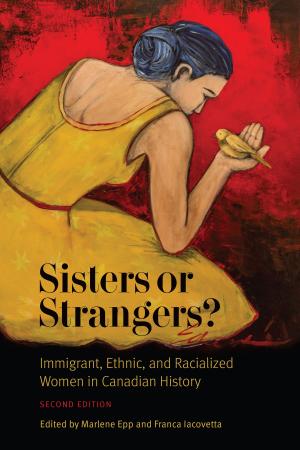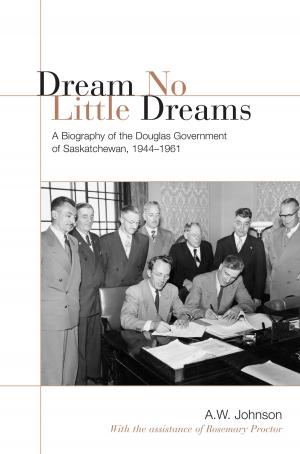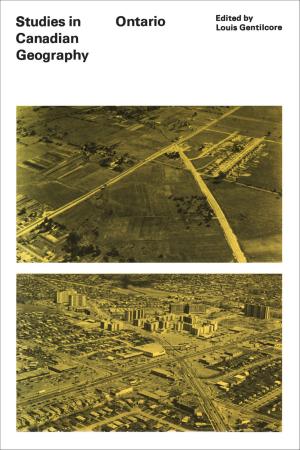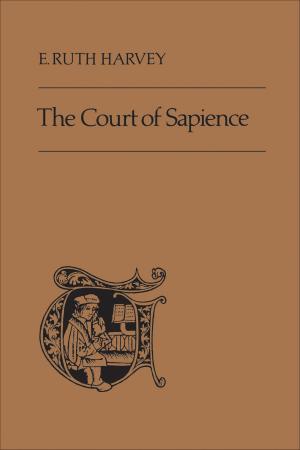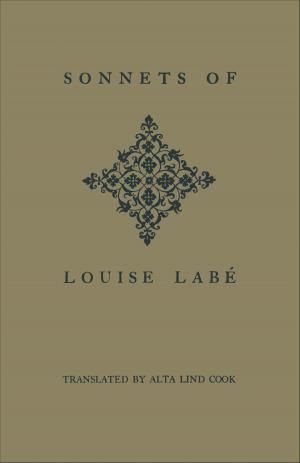Feminism in Women's Detective Fiction
Fiction & Literature, Literary Theory & Criticism, Mystery & Detective Fiction, Women Authors, Nonfiction, Social & Cultural Studies, Social Science, Gender Studies, Feminism & Feminist Theory| Author: | ISBN: | 9781442655638 | |
| Publisher: | University of Toronto Press, Scholarly Publishing Division | Publication: | December 15, 1995 |
| Imprint: | Language: | English |
| Author: | |
| ISBN: | 9781442655638 |
| Publisher: | University of Toronto Press, Scholarly Publishing Division |
| Publication: | December 15, 1995 |
| Imprint: | |
| Language: | English |
Names such as Sherlock Holmes, Hercule Poirot, and Sam Spade are perhaps better known than the names of the authors who created them. The woman detective has also had worldwide appeal; yet, with the exception of Christie's Miss Marple, the names of female detectives and their authors have only recently gained wide attention through the popularity of Marcia Muller, Sue Grafton, and Sara Paretsky.
The essays in this collection grapple with a wide range of issues important to the female sleuth – the most important, perhaps, being the oft-heard challenge to her suitability for the job. Not surprisingly, gender issues are the main focus of all the essays; indeed, in detective novels with a woman protagonist, these issues are often right at the surface.
Some of the papers see the female sleuth as an important force in popular fiction, but many also challenge the notion that the woman detective is a positive model for feminists. They argue that fictional female sleuths have lost the `otherness' that a feminine approach to the genre should encourage. Collectively, the essays also reveal the differences between British and American perspectives on the woman detective.
Names such as Sherlock Holmes, Hercule Poirot, and Sam Spade are perhaps better known than the names of the authors who created them. The woman detective has also had worldwide appeal; yet, with the exception of Christie's Miss Marple, the names of female detectives and their authors have only recently gained wide attention through the popularity of Marcia Muller, Sue Grafton, and Sara Paretsky.
The essays in this collection grapple with a wide range of issues important to the female sleuth – the most important, perhaps, being the oft-heard challenge to her suitability for the job. Not surprisingly, gender issues are the main focus of all the essays; indeed, in detective novels with a woman protagonist, these issues are often right at the surface.
Some of the papers see the female sleuth as an important force in popular fiction, but many also challenge the notion that the woman detective is a positive model for feminists. They argue that fictional female sleuths have lost the `otherness' that a feminine approach to the genre should encourage. Collectively, the essays also reveal the differences between British and American perspectives on the woman detective.

